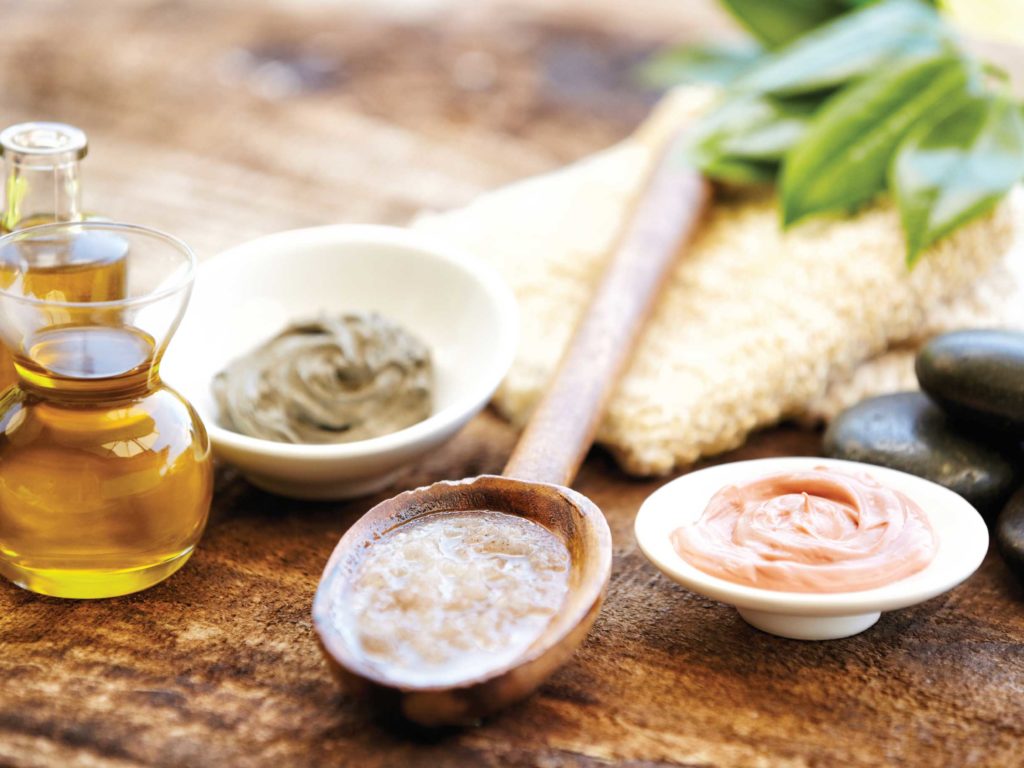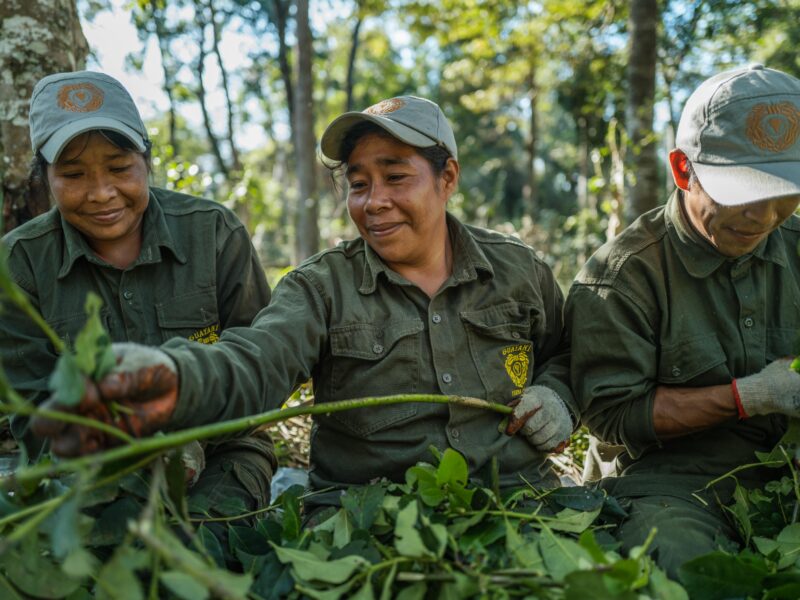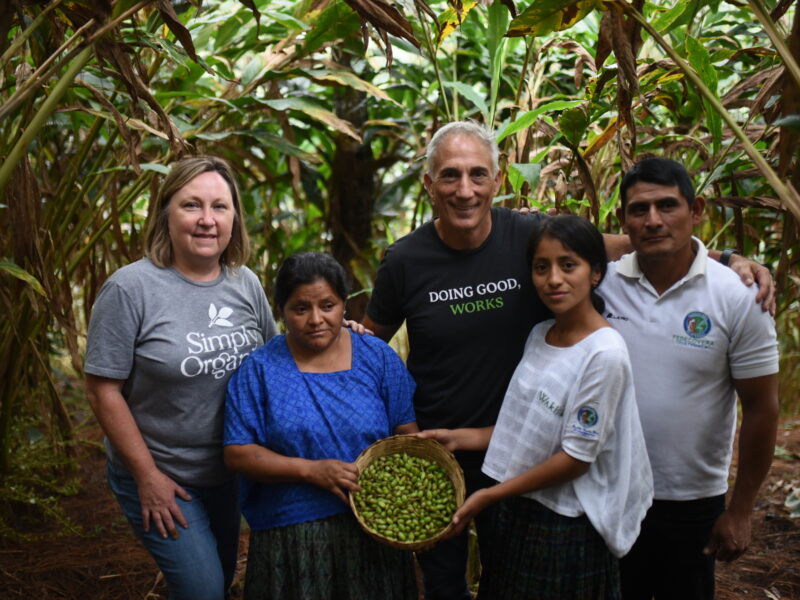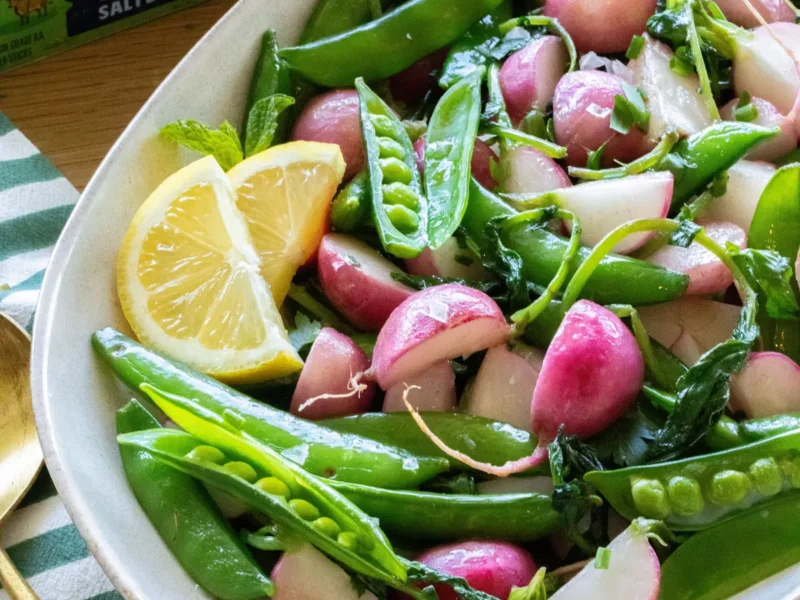By: Violet Batcha, Communications Manager
When you hear the word “organic,” you probably think of delicious fresh fruits and vegetables or even packaged organic snacks. And if you’re like us, you look to buy these products to limit your exposure to toxic chemicals and to support businesses that work in sync with the environment.
But did you know that you can also go organic and support sustainable practices by buying organic non-food products such as lotions and T-shirts?
There are three categories of non-food products that can be certified organic by the US Department of Agriculture – cosmetics and personal care items, textiles and alcohol.
Just as with organic fruits and veggies, you can trust that these non-food organic products have been produced without toxic persistent pesticides, ionizing radiation, most synthetic fertilizers, sewage sludge or genetic engineering.
Each of these three types of products is regulated slightly differently than organic food. We’ve outlined the rules for each one below so you’ll know which labels you can trust and exactly what they mean.
Personal Care Products
The Food and Drug Administration regulates personal care products, baby care products and cosmetics, but it doesn’t require long-term safety studies or pre-market testing for most ingredients. It’s the USDA that oversees organic food and other products.
For a personal care product to be certified organic,it must be an agricultural product, meaning that all the ingredients (other than water and salt) must be plant-based. Each ingredient must meet USDA’s standards for organic production, handling, processing and labeling. Once the ingredients are certified, the finished products are eligible for the same four organic labeling categories as food products.
Organic personal care products and cosmetics have been found to be safer for you and your kids than the alternatives. You can check out the Environmental Working Group’s Skin Deep Database for more information on safe cosmetics and organic options.
Alcohol
There are three types of alcoholic beverages – wine, malt beverages and distilled spirits – and each has slightly different requirements in order to be certified organic. Each category can be certified either “organic” or “made with organic ingredients.”
A finished bottle of wine that’s certified organic cannot contain added sulfites. Wine that is labeled “made with organic grapes” can contain sulfites if they are disclosed on the label.
With malt beverages, both the certified organic and “made with organic ingredients” categories are prohibited from using added sulfites. Non-organic hops are allowed in malt beverages labeled “made with organic ingredients,” but the finished product must be consist of at least 70 percent certified organic ingredients.
Certified organic distilled spirits must contain only organic ingredients unless organic yeast is not commercially available, in which case they can be made with non-organic yeast. Distilled sprits labeled “made with organic ingredients” have to consist of at least 70 percent certified organic ingredients and are not required to use organic yeast.
Textiles
All textiles – including clothing, bedding, curtains, towels and upholstery – can be certified organic if they are made from certified organic fibers.
If the finished product has been made in compliance with USDA’s organic standards, it can be labeled organic and display the USDA organic seal. If only some of the fibers are certified organic, the label can claim that those specific fibers are organic but the product cannot carry the seal.
So the next time you’re out shopping for shampoo, wine or new pillowcases, remember to look for the USDA organic seal!









